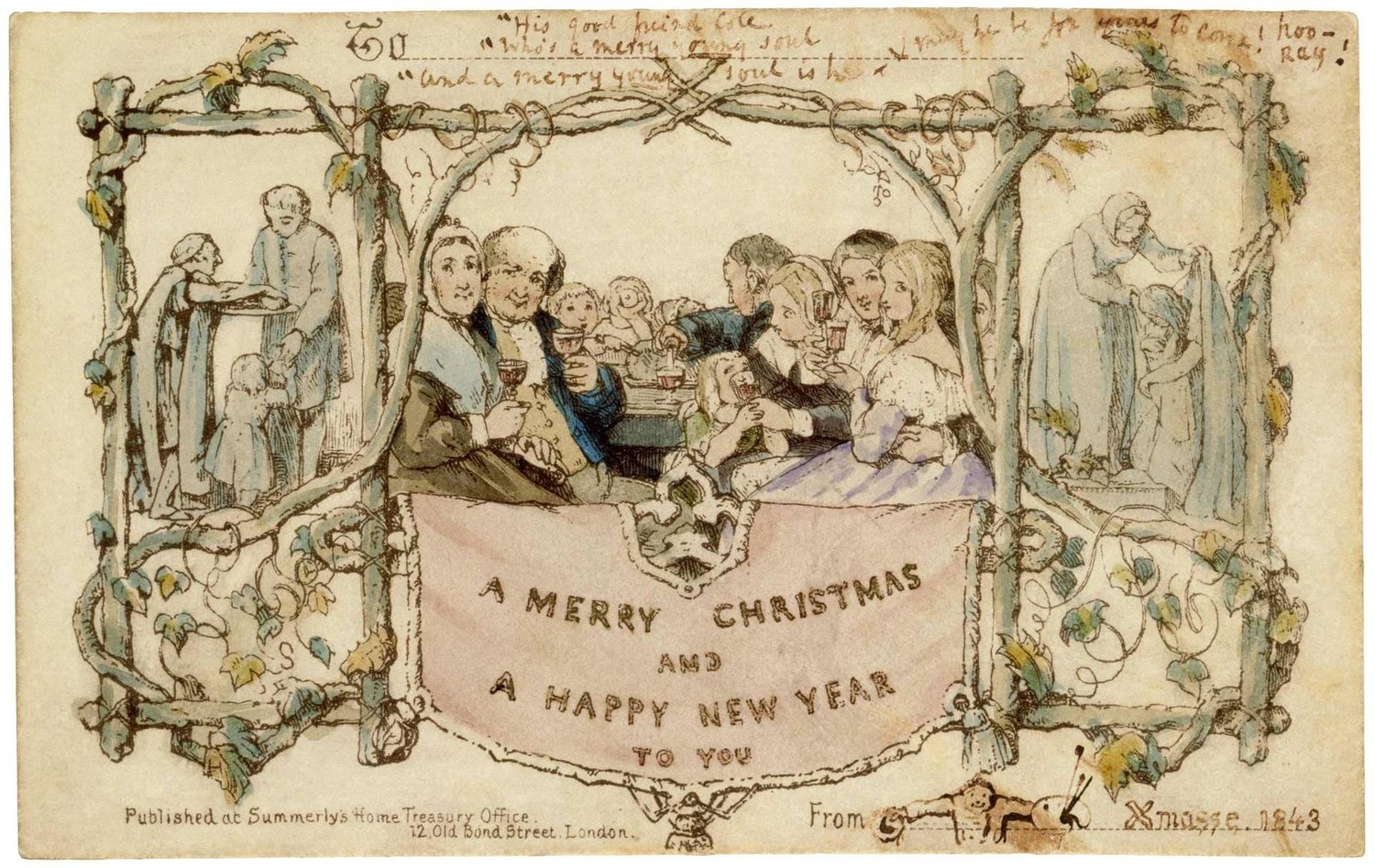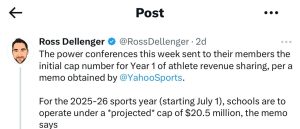
We’re all familiar with Dickens’s Christmas morality tale.
Ebeneezer Scrooge — a name now synonymous with miser — is “hard and sharp as flint, from which no steel had ever struck out generous fire; secret, and self-contained, and solitary as an oyster.”
But over the course of one evening, he is greeted by three Spirits — the ghosts of Christmas Past, Christmas Present, and Christmas Yet to Come. And based on what he observes and learns by traveling across London with each of them, Scrooge emerges a changed man.
Compassion
He was initially visited by Jacob Marley, his late partner, who had died seven years before. In his eternal state of torture, Marley told Scrooge that he had come to realize that when he was working, his priorities were skewed:
“Mankind was my business. The common welfare was my business; charity, mercy, forbearance, and benevolence, were, all, my business. The dealings of my trade were but a drop of water in the comprehensive ocean of my business!”
The Impact of Words and Actions
On his travels with the Ghost of Christmas past, Scrooge admires the ways of his old boss Mr. Fezziwig. He realized that a leader had an outsized effect on the people who worked for him:
“He has the power to render us happy or unhappy; to make our service light or burdensome; a pleasure or a toil. Say that his power lies in words and looks; in things so slight and insignificant that it is impossible to add and count ’em up: what then? The happiness he gives, is quite as great as if it cost a fortune.”
Happiness and Gratitude
Even in some of the poorest and most dire situations he witnessed with the Ghost of Christmas Present, Scrooge found people who were joyful and acted with grace. His employee insisted on toasting him at Christmas dinner:
“Mr. Scrooge!” said Bob; “I’ll give you Mr. Scrooge, the Founder of the Feast!”
“The Founder of the Feast indeed!” cried Mrs. Cratchit, reddening. “I wish I had him here. I’d give him a piece of my mind to feast upon, and I hope he’d have a good appetite for it.”
“My dear,” said Bob, “the children! Christmas Day.”
“It should be Christmas Day, I am sure,” said she, “on which one drinks the health of such an odious, stingy, hard, unfeeling man as Mr. Scrooge. You know he is, Robert! Nobody knows it better than you do, poor fellow!”
“My dear,” was Bob’s mild answer, “Christmas Day.”
Humanity
When he traveled to the future, Scrooge witnessed businessmen standing around, discussing his death and remembering his miserly ways as they discussed his upcoming funeral. He realized he didn’t really take the time to get to know them, and kept them at a distance:
“He knew these men, also, perfectly. They were men of business: very wealthy, and of great importance. He had made a point always of standing well in their esteem: in a business point of view, that is; strictly in a business point of view.”









